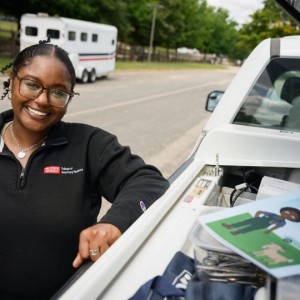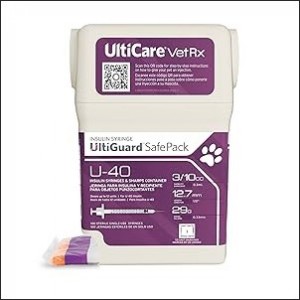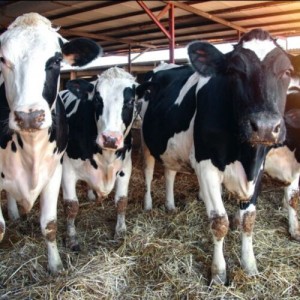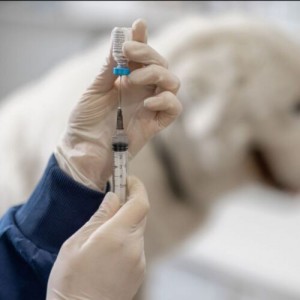Scientists, farmers, veterinarians promote hunting as tool for sustainable control of wild boar populations
Recommendations from the Operational Group for the Prevention of African Swine Fever in Spain
by Mary Guiden
Hunting has proven to be the most effective and sustainable tool to reduce wild boar populations, according to a news release from the Operational Group for the Prevention of African Swine Fever (GO PREVPA). The organization brings together not only representatives from the hunting sector but is also made up of members from the livestock and scientific world, veterinary professionals and other branches related to animal health.
This statement is supported by the European Commission, which GO PREVPA said is also promoting the need to control the densities of this species by increasing hunting pressure.
Wild swine are the main carriers and transmitters of African swine fever in Europe, so their population control is one of the key pillars to minimize and control the spread of the disease in case of entry. The overabundance of these animals causes serious damage to agricultural and livestock farms, in urban and peri-urban environments or road safety, in addition to posing a threat to the conservation of several species.
In 2019 in the U.S., in response to spread of African swine fever throughout Asia and parts of Europe, the U.S. Department of Agriculture’s Animal and Plant Health Inspection Service took several actions with U.S. Customs and Border Protection to enhance measures at ports of entry to ensure cargo, passengers, and products arriving from affected countries do not carry the disease into the United States. APHIS also continued to work with States, industry, and producers to ensure strict on-farm biosecurity practices are followed and conducted planning and response exercises, among other things.
Learn more on the APHIS website about recently funded projects in the U.S. to manage feral swine and reduce the damage they cause to agriculture, property, natural resources, and human health.
Read more about GO PREVPA and its efforts: https://prevpa.com/














List
Add
Please enter a comment